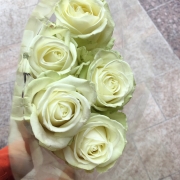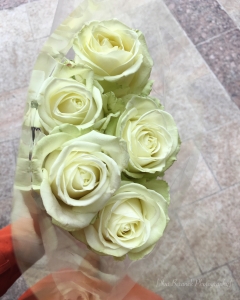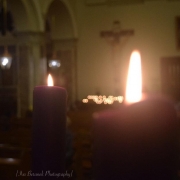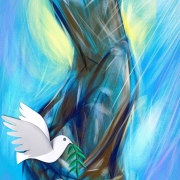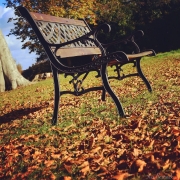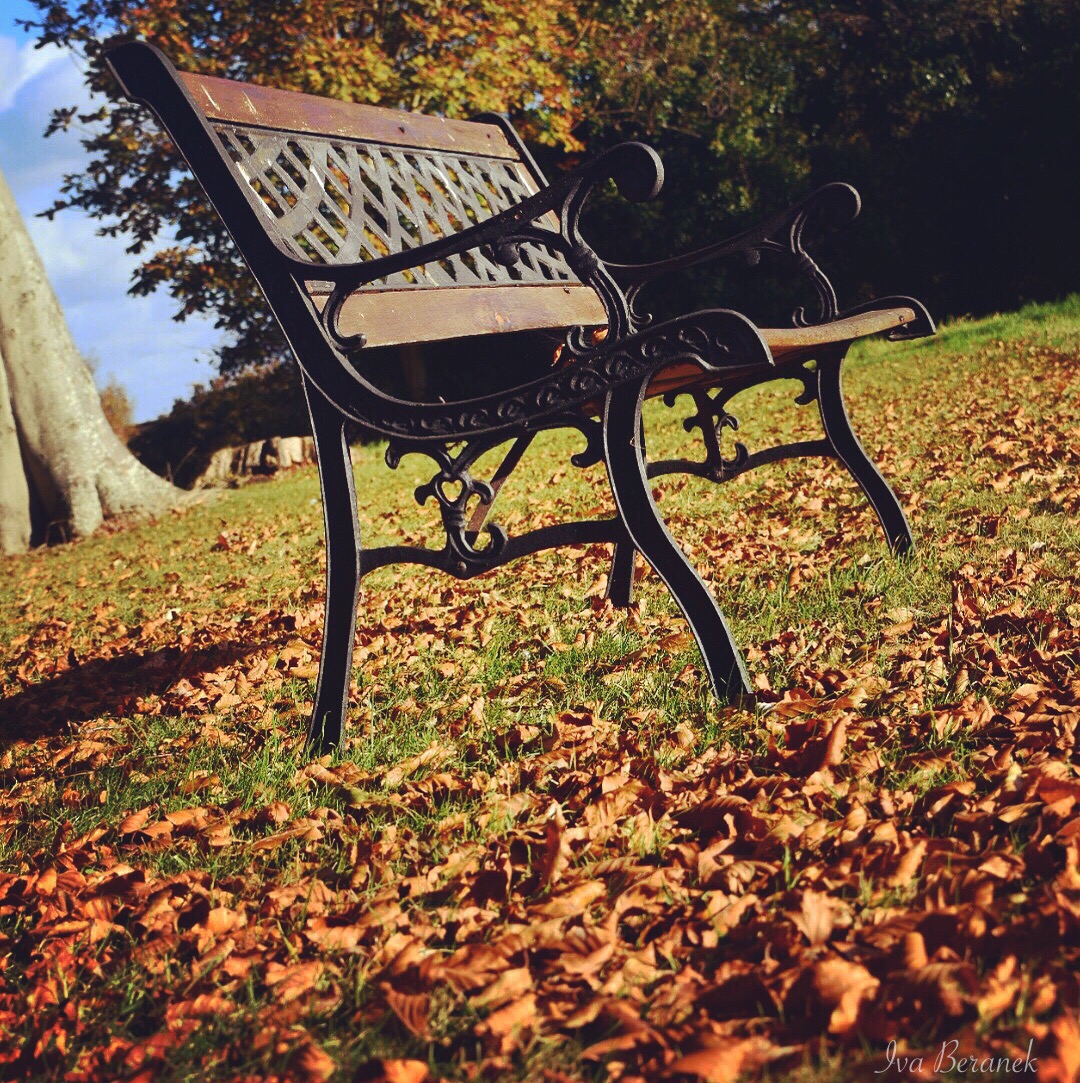Consecrating empathy

One time, after Jesus was busy ministering to people and healing them, He went to a
solitary place to pray.
“Very early in the morning, while it was still dark, Jesus got up,
left the house and went off to a solitary place, where he prayed. Simon and his companions went to look for him, and when they found him, they exclaimed: “Everyone is looking for you!” Jesus replied, “Let us go somewhere else, to the nearby villages, so I can preach there also. That is why I have come. (Mark 1:35-38)”
Jesus had a freedom to say ‘No’ to certain demands in order to do what He was called to do. This came out of His prayer life and relationship with God the Father. If we are to follow in Jesus’ footsteps then we are to have the same discerning spirit.
Our lives have changed drastically over the last few weeks, with restrictions of movement, many places, schools and churches closing down – for now. People with children are probably busier than before. People living on their own restricting human connection to mostly online encounters. Doctors, nurses, and those working in shops serving the country “on the front line”.
While demands have changed – increased for some, reduced for others – our ability to care for each other, and for the world around us, has been put on overdrive. The positive elements to it show us we are all connected. Our hearts are challenged to expand, to include the whole world in our prayer. But this can also be overwhelming.
The wisdom from John Eldredge may give us much needed peace. Eldredge speaks about “consecrating empathy”. Watching the news can easily overwhelm us. Yet the answer is not in shutting down every negative story we might hear and doing nothing. Instead, what we can do is “consecrate our capacity to care” (Eldredge). In other words, we can say a brief prayer and join our own capacity for care with Jesus’ capacity, which is infinitely greater. This way we are also giving God permission to direct us, to guide us how to use this capacity.
Having invited Jesus to help us in this caring process may eventually increase our own capacity in loving others, deepen our prayer, and bring creative solutions to our actions. Above all, it might increase the peace in our hearts, the peace that surpasses understanding. The more inner peace increases, the more peace there will be in the world too.


